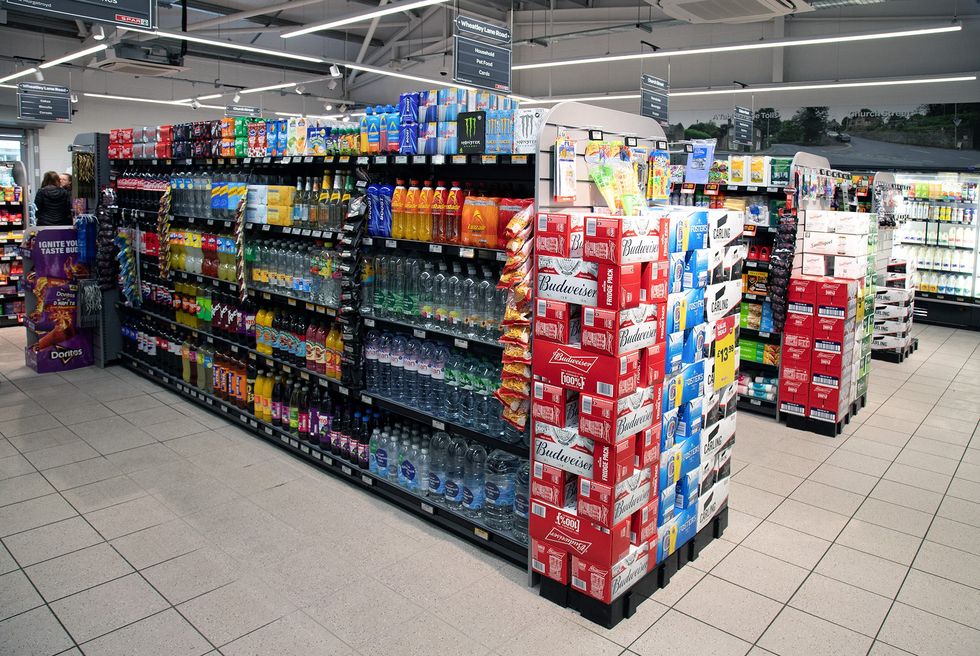Diet habits of Britons have changed for the healthier and more plant-based food choices become more popular, research reveals, saying most people’s inclination towards products that are healthier, vegan, and more sustainable.
According to research conducted by Toluna, 49 percent of respondents said they want to consume food and drink products that are healthier, vegan, and more sustainable.
Toluna asked 1,160 adults about their food choices and preferences and found that 50 percent of consumers have started or continued to reduce their meat intake.
Furthermore, the proportion of meat-eaters has reduced from 83 percent to 78 percent since 2019, and 76 percent of respondents have bought a plant-based alternative food, a 12 percent increase since 2019.
One in 14 said they were planning to continue or go vegan while 12 percent said the same for vegetarianism.
The survey further adds that over half (57 percent) f the respondents felt that plant-based products were healthier while 10 percent thought they were unhealthy, saying they are highly processed, lack nutrients and contain higher additives. The remaining 33 percent of consumers were unsure.
“With healthier, plant-based food and drink products an increasingly popular choice among consumers, there’s a clear opportunity for food and drink brands to be more innovative with the products they’re offering to consumers in order to make them switch brands and try a new alternative,” Toluna research director Magda Jablkowska-Citko said.















![From hurdle to hustle: Convenience retailers outlook on 2025 [Exclusive]](https://www.asiantrader.biz/media-library/image.jpg?id=56043539&width=600&height=449)




 SPAR Barrowford reopensJames Hall & Co
SPAR Barrowford reopensJames Hall & Co